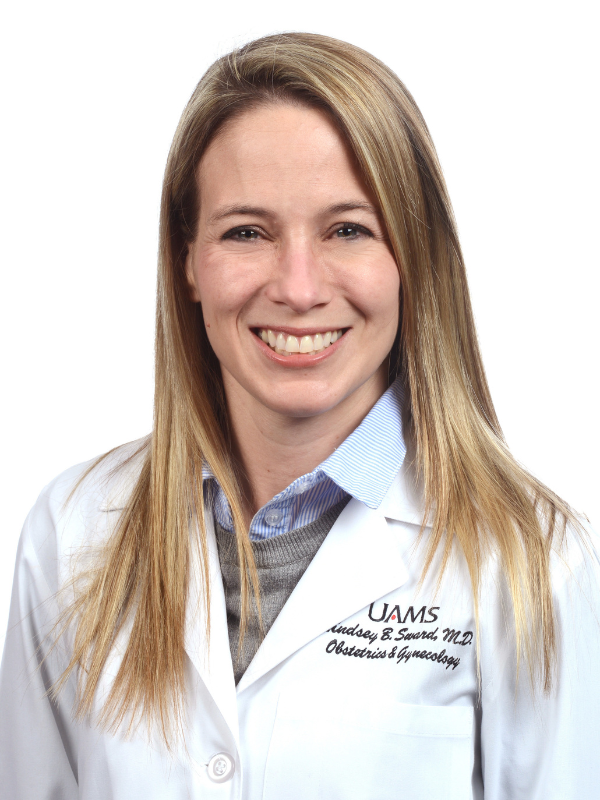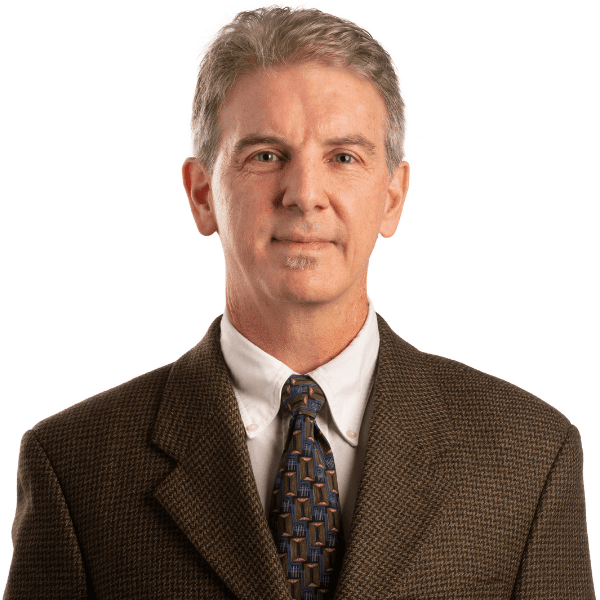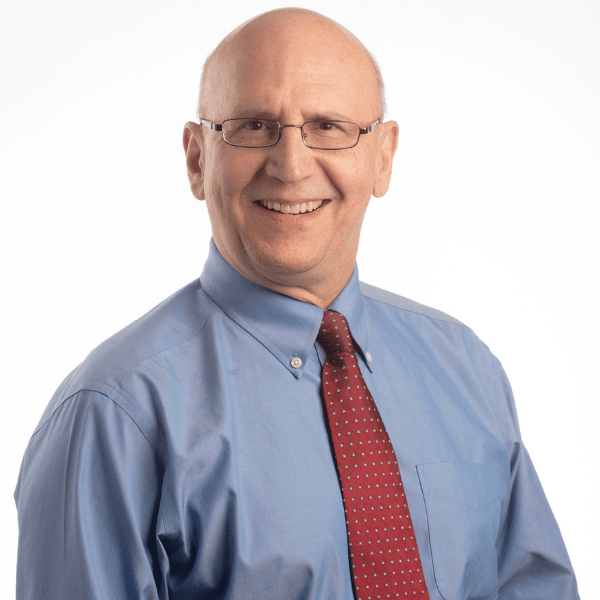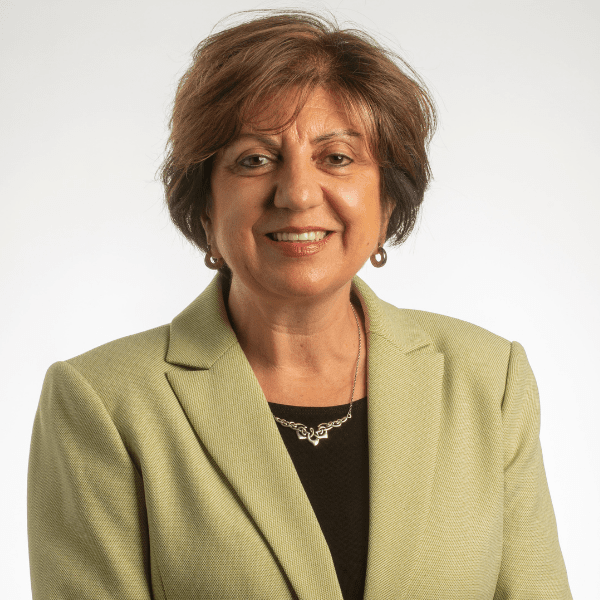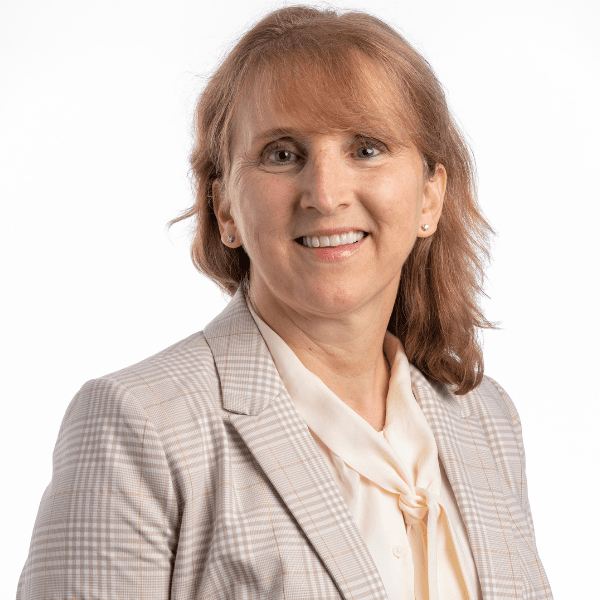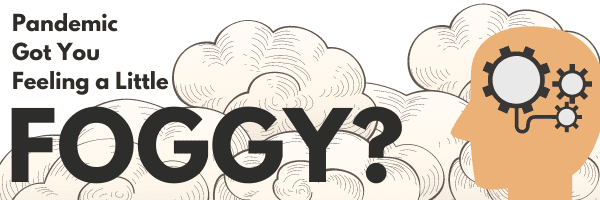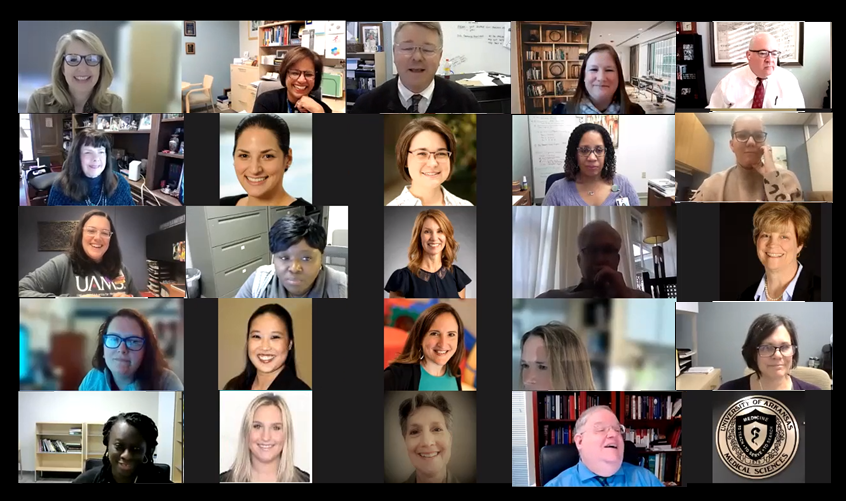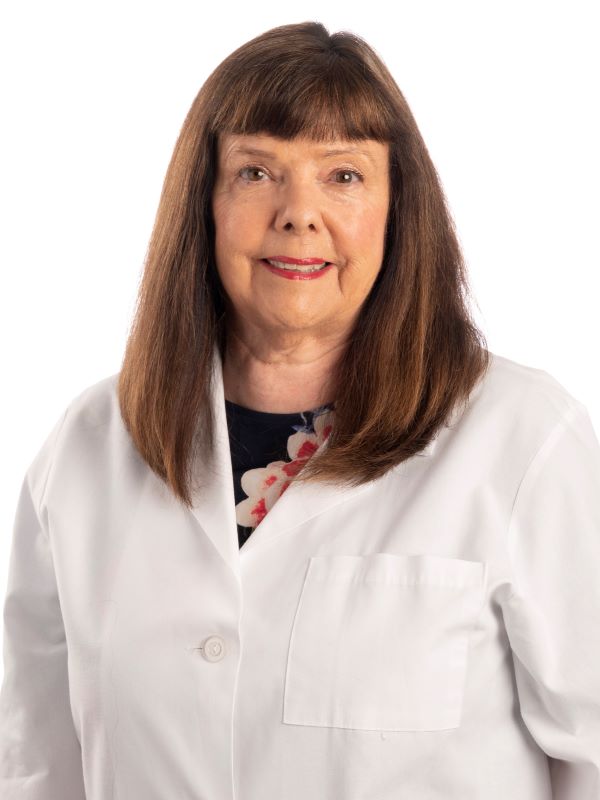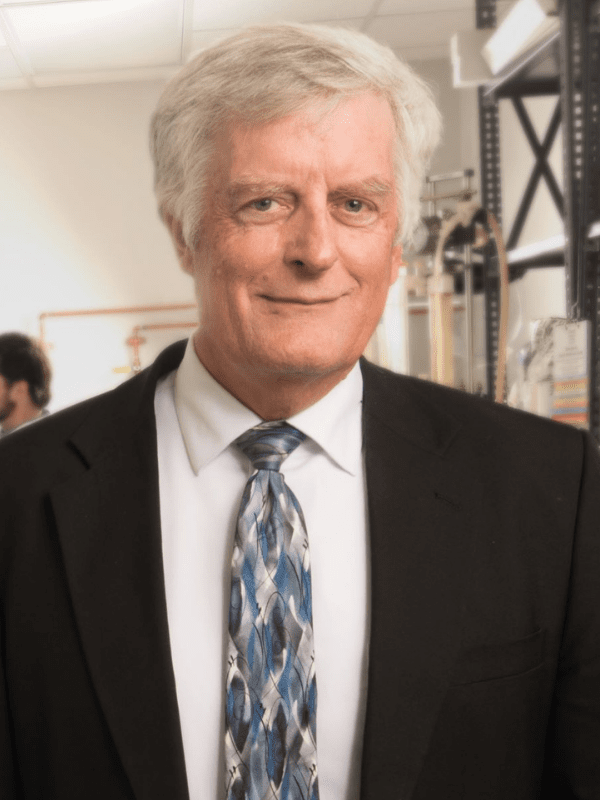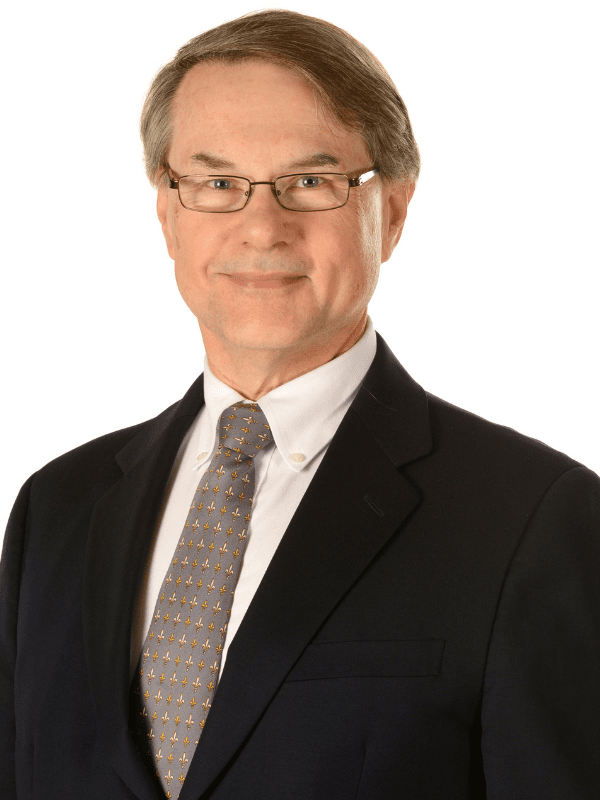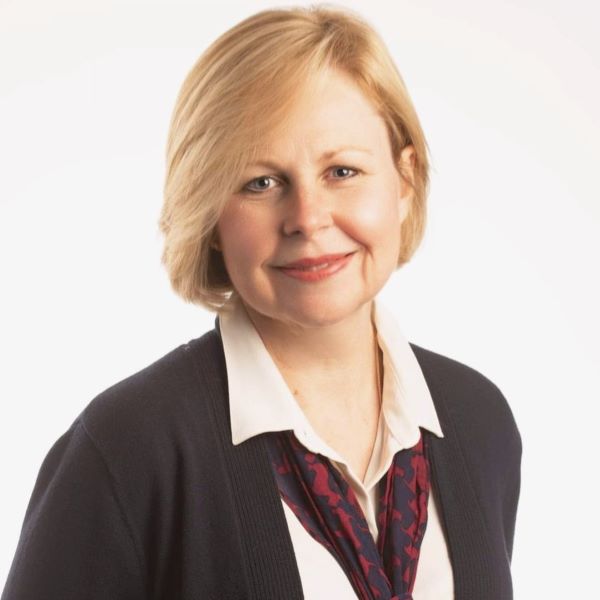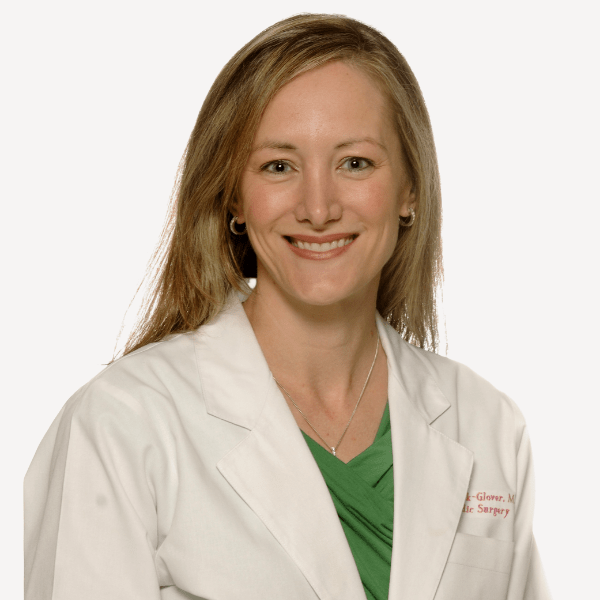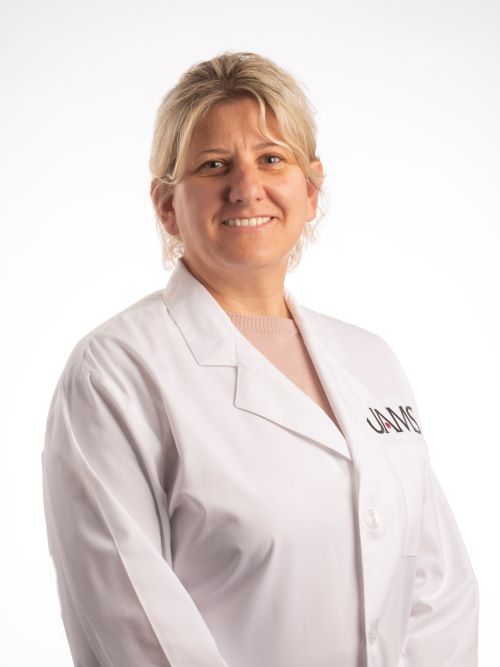Jessica Snowden, M.D., M.S., MHPTT, professor and chief of the Division of Infectious Diseases in the UAMS College of Medicine Department of Pediatrics, has been appointed vice dean for research, effective July 1.
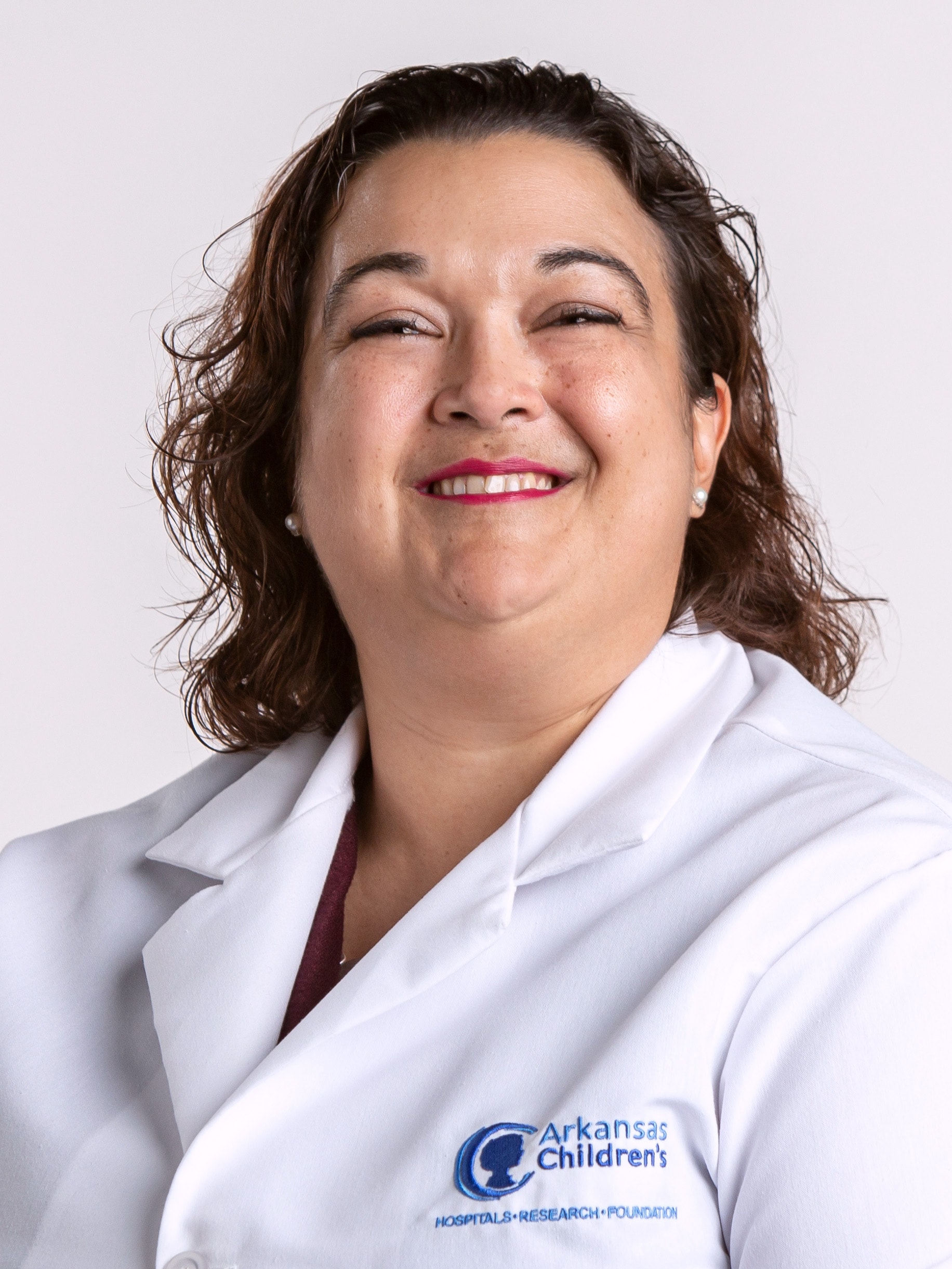
“Dr. Snowden brings stellar research experience to her new role,” Executive Vice Chancellor and College of Medicine Dean Susan Smyth, M.D., Ph.D., said in an announcement to faculty, noting that Snowden is a nationally recognized expert in pediatric infectious diseases and pediatric clinical and translational research.
Snowden has held numerous leadership roles at UAMS and Arkansas Children’s since her recruitment in 2018, including vice chair for research in the Department of Pediatrics since 2019 and chief of Pediatric Infectious Diseases since 2020. She has served as associate director for clinical and translational research in the Arkansas Children’s Research Institute since 2019. In the UAMS Translational Research Institute, Snowden is Co-Director of Workforce Development.
Since 2018, Snowden also has served as co-principal investigator of the National Institutes of Health-funded IDeA States Pediatric Clinical Trials Network Data Coordinating and Operations Center, which directs clinical operations for trial implementation and professional development across an 18-state research group.
Among many honors, Snowden was invested as the Horace C. Cabe Distinguished Chair for Infectious Diseases at Arkansas Children’s in May 2021. She serves on several national research committees, including the American Academy of Pediatrics Committee on Pediatric Research and the Infectious Disease Society of America Research Affairs Committee.
Snowden graduated with honors from Texas A&M College of Medicine in 2002. She completed her pediatrics residency at East Carolina University/University Health Systems and continued her training with a pediatric infectious disease fellowship at UAMS. She went on to serve in faculty positions at the University of Nebraska Medical Center (UNMC) and Creighton University. In 2018, she received both a Master of Science in Clinical and Translational Research and a Master in Health Professions Teaching and Technology from UNMC.
Snowden succeeds Nancy Rusch, Ph.D., who is stepping down from the post to focus on her critical leadership roles as distinguished professor and chair of the Department of Pharmacology and Toxicology in the college and co-director of key training and workforce development programs in the UAMS Translational Research Institute (TRI).
“Dr. Rusch has done an outstanding job as vice dean for research, and she will remain involved in the COM Office of Research, overseeing mentoring and training programs for our college and new initiatives such as the Connect Arkansas Research Scholars (CARS) program with the University of Arkansas-Pine Bluff,” Smyth said.

